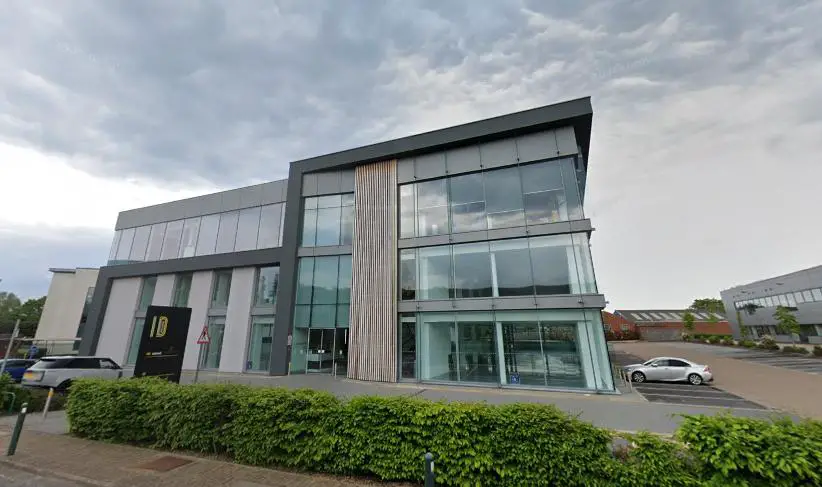From artisanal crepes to rebellious cheesecake waffles, Reading's breakfast rebels are transforming morning meals. These seven spots will revolutionize how you start your day.
Plans to transform the iconic iD building in Maidenhead's Quantum business park have ignited discussions about the town's evolving landscape and economic priorities. The proposal, recently submitted to the Royal Borough of Windsor and Maidenhead (RBWM) council for approval, aims to convert the distinctive office structure on Vanwall Road into a mixed-use development. This potential change has raised questions about the balance between commercial space and residential needs in a rapidly changing urban environment.
A Landmark at a Crossroads
The iD building, with its striking blue-tinted windows and curved façade, has been a recognisable feature of Maidenhead's skyline since its construction in the early 2000s. Originally designed as a flagship office space to attract businesses to the area, the building has stood as a symbol of the town's ambitions to become a thriving commercial hub.
However, the proposed conversion reflects a broader trend seen across the UK, where office buildings are being repurposed to meet changing market demands. The COVID-19 pandemic has accelerated this shift, with many companies adopting remote or hybrid working models, leading to a decreased demand for traditional office spaces.
The plans submitted to RBWM council outline a vision for the iD building that would see it transformed into a mixed-use development. While specific details are yet to be fully disclosed, it is understood that the proposal includes provisions for residential units, co-working spaces, and potentially retail or leisure facilities.
Economic Implications and Community Response

The potential conversion of the iD building has elicited mixed reactions from the local community and business leaders. Proponents of the plan argue that it represents a pragmatic response to changing work patterns and could help address the chronic housing shortage in the Southeast of England.
John Thompson, a local property developer, expressed support for the proposal, stating, "We need to be adaptable in our approach to urban planning. Converting underutilised office spaces into much-needed housing is a sensible solution that can rejuvenate our town center and bring more life to the area outside of traditional working hours."
However, critics of the plan have raised concerns about the loss of prime office space and the potential impact on Maidenhead's status as a business destination. Sarah Chen, president of the Maidenhead Chamber of Commerce, cautioned, "While we understand the need for housing, we must be careful not to erode our commercial base. The iD building is a landmark that has helped attract businesses to Maidenhead. We need to ensure we maintain a balance that supports both residential and commercial growth."
Planning Considerations and Future Vision
The RBWM council now faces the challenge of weighing these competing interests as it considers the planning application. The decision will likely have far-reaching implications for the future development of Maidenhead and could set a precedent for similar conversions in the area.
Councillor David Carter, head of the planning committee, emphasised the complexity of the decision-making process: "We have to consider multiple factors, including the town's economic strategy, housing needs, and the impact on local infrastructure. This isn't just about one building; it's about shaping the future of Maidenhead."
The council has indicated that it will be conducting thorough assessments of the proposal's potential impact on traffic, local services, and the overall character of the Quantum business park. Public consultations are also expected to play a crucial role in the decision-making process.
Broader Trends and National Context
The proposed conversion of the iD building is not occurring in isolation but is part of a wider national trend. Cities across the UK are grappling with similar challenges as they seek to repurpose commercial spaces in response to changing work patterns and housing demands.
Recent data from the Office for National Statistics shows a significant increase in office-to-residential conversions over the past five years. This trend has been further accelerated by changes to permitted development rights, which have made it easier for developers to convert offices into homes without the need for full planning permission.
However, these conversions have not been without controversy. Urban planners and local authorities have raised concerns about the quality of some converted properties and the potential loss of employment space in city centers.
The Future of Work and Urban Living
The debate surrounding the iD building conversion touches on fundamental questions about the future of work and urban living. As